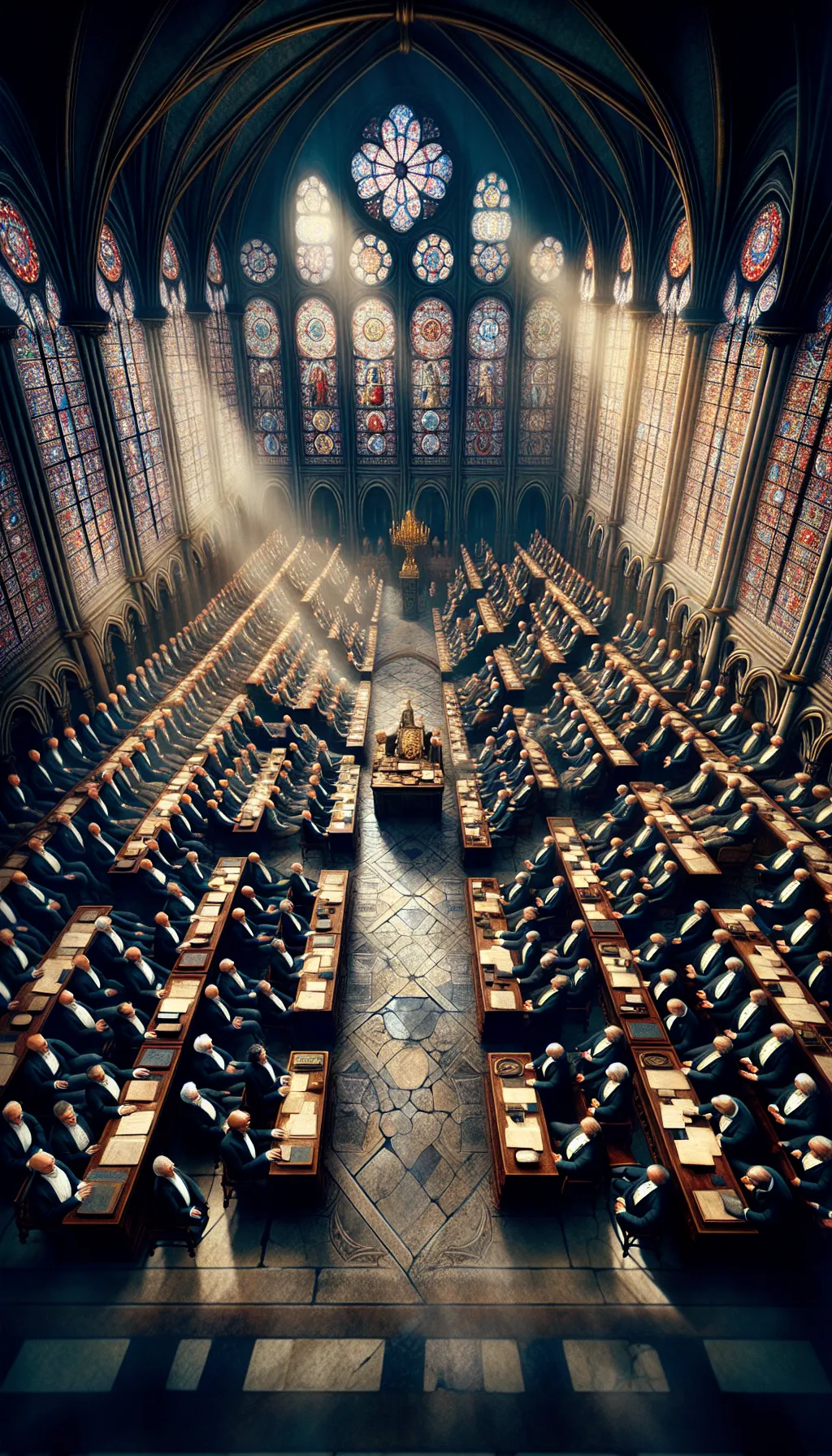France – The Rise of an Emperor: Napoleon's Coronation in 1804
TLDR;
- Event: Napoleon Bonaparte was proclaimed Emperor of the French on May 18, 1804, and crowned on December 2, 1804, in Notre-Dame Cathedral, marking the start of the French Empire.
- Background: Rising from Corsican minor nobility, Napoleon’s military successes and political acumen positioned him as a leader capable of stabilizing post-revolutionary France.
- Significance: His self-coronation symbolized a break from traditional monarchical dependencies, asserting his authority derived from the people and the state, while still seeking the Church’s endorsement.
- Legacy: Napoleon’s reign expanded French territories and implemented reforms that influenced European governance and legal systems long after his fall.
–
Story
In the grand halls of Notre-Dame Cathedral, the air was thick with anticipation. On May 18, 1804, the French Senate gathered to make a proclamation that would echo through the annals of history. Napoleon Bonaparte, the military genius who had risen from minor nobility to reshape the destiny of a nation, was to be crowned Emperor of the French.

The journey to this moment was nothing short of extraordinary. Born on the island of Corsica, Napoleon’s ascent was fueled by ambition, intellect, and an uncanny ability to command loyalty. His military campaigns had already made him a hero in the eyes of many, but the political landscape of post-revolutionary France was fraught with instability. The country needed a leader who could consolidate power and restore order.
Napoleon’s decision to crown himself Emperor was a bold move, signaling a shift from revolutionary ideals to imperial ambition. It was a turning point that marked the beginning of the French Empire. The Senate’s proclamation was not just a formality; it was a testament to Napoleon’s unparalleled influence and the trust placed in him to lead France into a new era.
The coronation itself, held later that year on December 2, 1804, would be a spectacle of grandeur, with Napoleon famously taking the crown from the Pope (Pius VII) and placing it on his own head in the presence of the Pope. It was a symbolic act of self-determination, a declaration that he owed his power to no one but himself and the people of France, yet still sought the Church’s legitimacy.
–
| Would a different leader have changed the course of French history? |